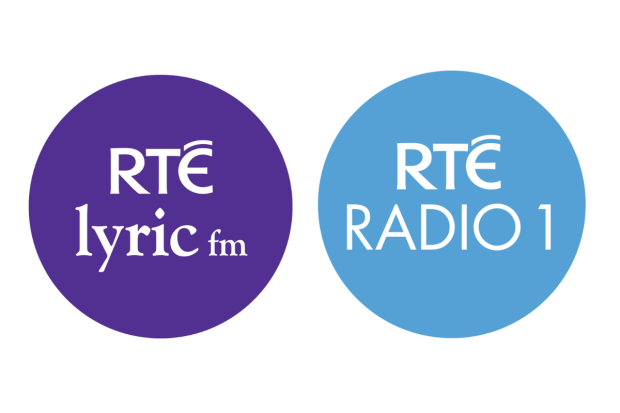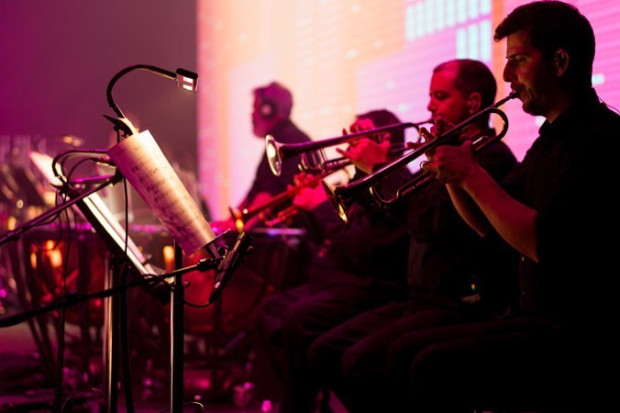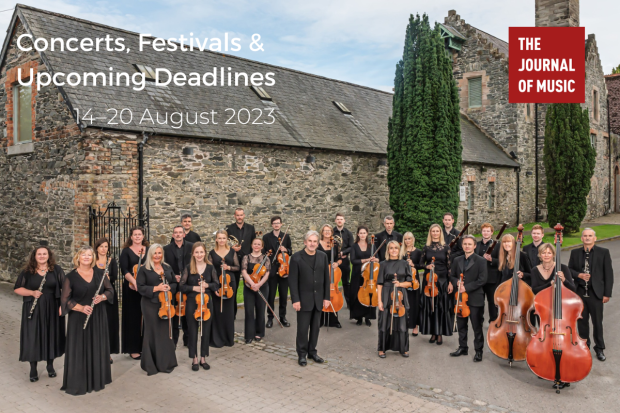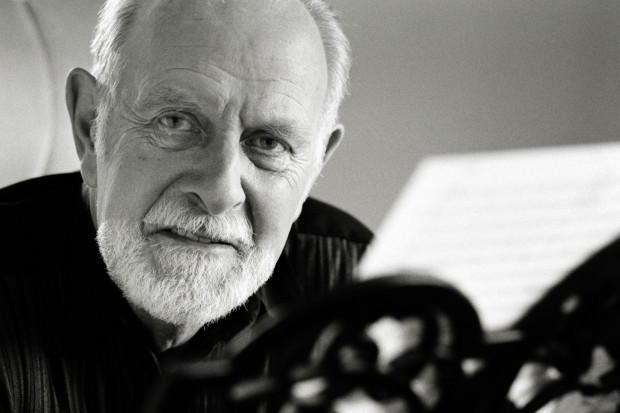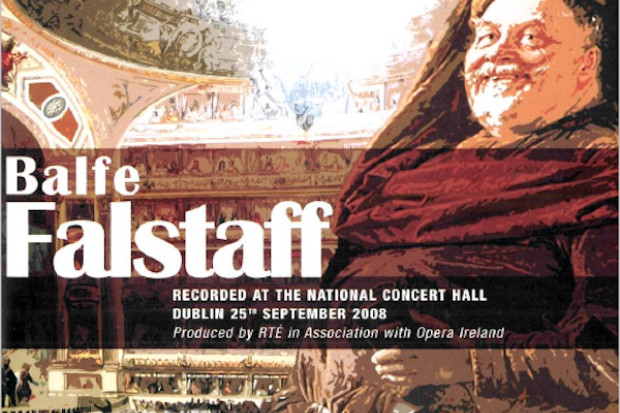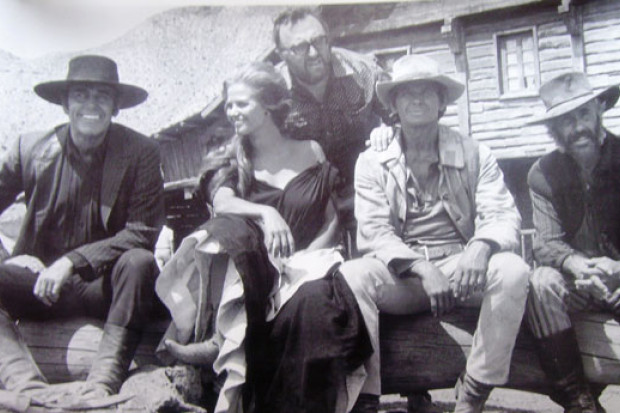Derek Ball
Letterkenny-born composer Derek Ball’s dalliance with composition was interrupted by a thirty-five year stint as a doctor in Scotland. While he continued composing during this time, since the mid 1990s he has applied himself full-time to music with no small amount of industry. This Horizons concert, the last in the series, brought together a collection of distinctive works that hinted at a fertile imagination straining at the leash without ever quite managing to unmoor itself entirely from the prosaic considerations to which it had tethered itself. Informing an audience that the composer has worked ‘every four-note chord possible within the Western chromatic system’ into one piece of music is as relevant to their listening experience as letting them know that the composer managed to finish the Times complex crossword puzzle on the day of the composition’s inception. Process is often thought to be much more interesting than it is by composers and programme-note writers.
The opening work Aes Triplex 1, the first in a tripartite series of pieces, was infused with no small amount of colour and drama. The piece orbits around unremitting, contrary statements in the brass, led off by a bass trombone. The voluble brass section repeatedly punched holes in the impressionistic textures wrought by the strings, never allowing the work to sit still until it unceremoniously departed. Le monde des ombres smoothed out all the exciting angular topography of the opening work, and, despite much interesting contrapuntal interplay, was less engaging for it.
Much of the music had a definite programmatic bent, although the Glasgow-based composer William Sweeney’s St Blane’s Hill was the most explicit in this intent. The opening of Sweeney’s piece was absorbing; it briefly threatened to develop into an intimate orchestration of a field recording, but unfortunately Sweeney saw fit to lather on rich layers of Scots-Gaelic folk melodies, which served to conjure up images of a Scottish Tourist Board advert.
Ball’s viola concerto, Voilà was written in memory of the RTÉ Concert Orchestra violist, Charlie Maguire. Although the viola was amplified, it struggled to compete with the force of the orchestral writing. Despite soloist Matthew Jones attacking the part with the demonstrative exuberance of a man wrestling an electric eel, much of his efforts were subsumed in the orchestra’s muscular sound. This was a shame because, when the viola did manage to battle its way to the fore, it suggested a solo part of energy and intensity the match of Jones’ vigour.
Thirty-five years is a not inconsiderable sabbatical to take from the music game, but Bell has obviously been harbouring substantial resources of creativity. Such is the state of the economy, perhaps, that many more erstwhile composers may yet be returned to the profession from other, once secure, careers.
Published on 1 April 2009
Rob Casey is a Dublin-based musician and composer of electronic and acoustic music.










